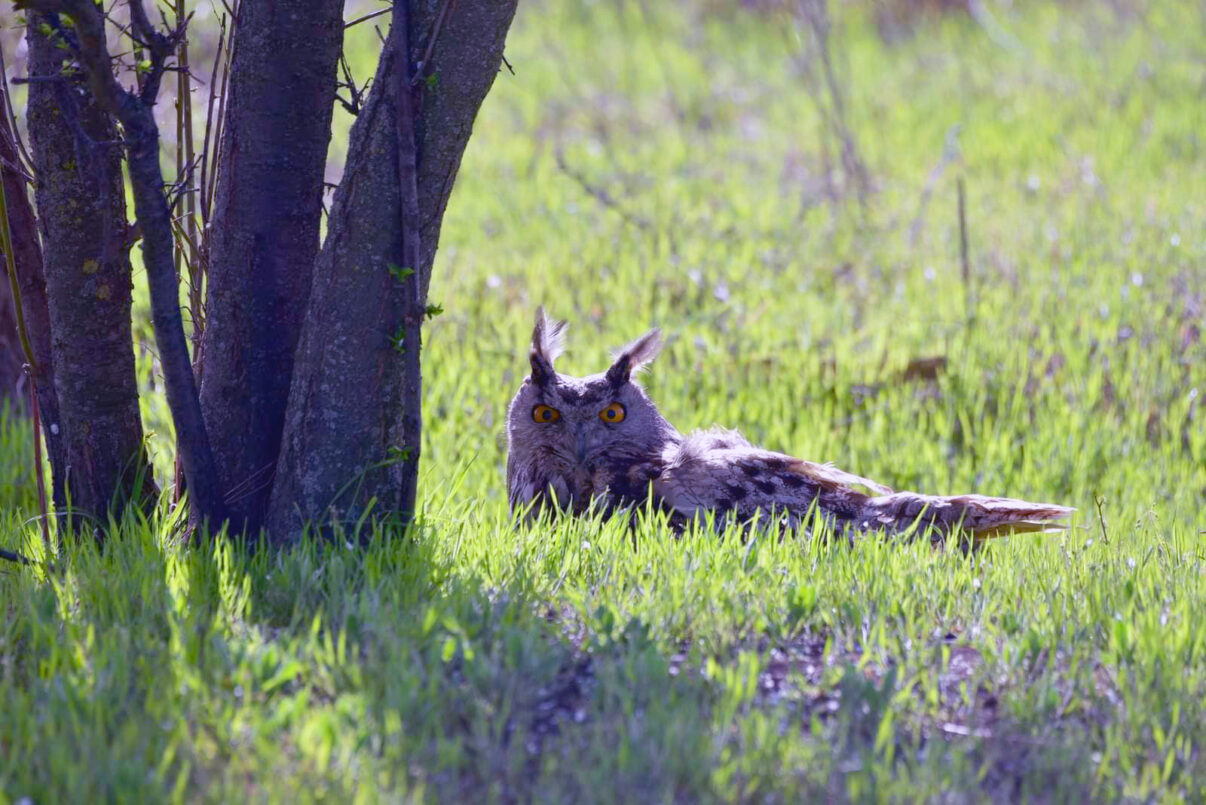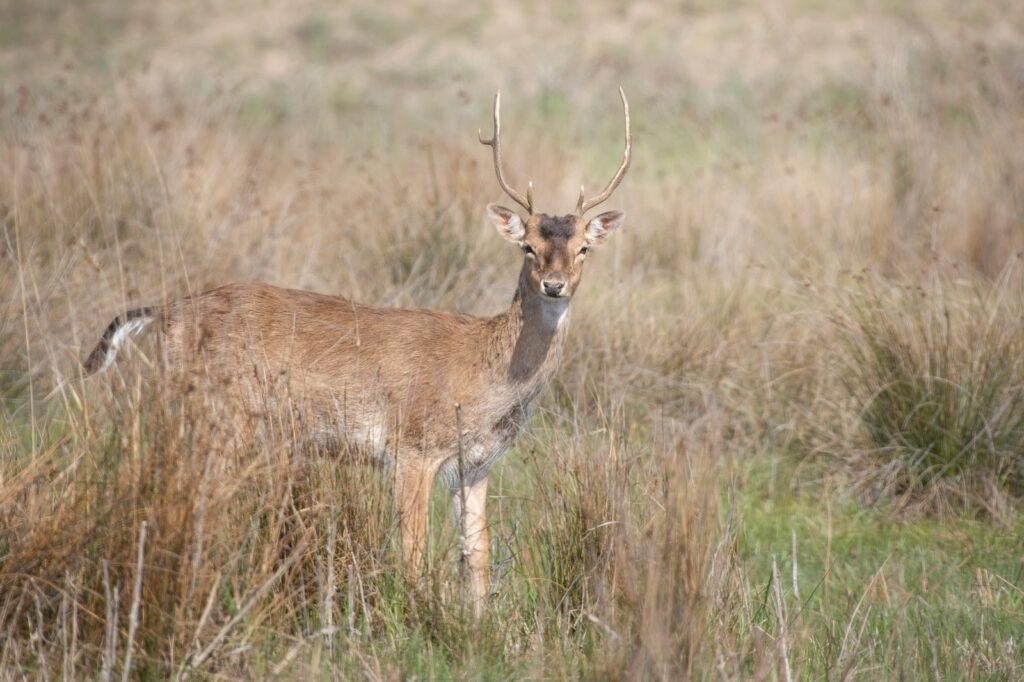The war in Ukraine is taking a terrible toll on people and nature. Yet despite facing many challenges, the resilient Rewilding Ukraine team continue to see their efforts bear fruit.

A war on nature
Nature has long been a silent casualty of war. From pollution and habitat destruction to the collapse of entire management systems, the environmental impact of armed conflict can be devastating, wide-reaching, and hugely difficult to reverse.
In Ukraine, where fierce fighting has now raged for over four months following the Russian invasion, the full environmental impact of war remains unclear. Yet with one-third of the country’s protected areas and sites – including two biosphere reserves – currently located in zones of active hostility, occupation, and humanitarian crisis, it’s clear that Ukrainian nature is suffering on a daily basis.
Operational impact
Rewilding Europe’s cross-border Danube Delta rewilding landscape, which is located partly in southwest Ukraine, is located well away from the main areas of fighting. Supported by funding from the Endangered Landscapes Programme, the Rewilding Ukraine team and partners are continuing their work to restore 40,000 hectares of wetland and terrestrial steppe habitat, with a focus on key natural processes such as flooding and natural grazing.
Yet even in this untouched corner of the country, war is affecting rewilding efforts. Rewilding Ukraine Executive Director Mykhailo Nesterenko and communications officer Katya Kurakina fled Ukraine when their home city of Odessa was attacked, and are now based in Rewilding Europe’s head office in the Dutch city of Nijmegen. The remaining Rewilding Ukraine team members, all of whom are safe, are divided between Romania and Ukraine. Some make frequent visits to the delta.
“There are many things we cannot do now, but we focus on the things we and our partners can do,” explains Nesterenko. “In parts of the Danube Delta Biosphere Reserve we are able to remove dams and dykes, and we are trying to relocate red and fallow deer to the Danube Delta. However, wildlife breeders are less willing to sell animals these days, because of the fear of famine. We also have to take into account the sharp hike in fuel prices in our budgeting.”

Uplifting news
Despite their many operational difficulties, the Rewilding Ukraine team have been greatly cheered by a number of exciting new arrivals. Following the release of a herd of kulan (Asiatic wild ass) onto the Tarutino Steppe in late 2021, a foal was born in the early spring almost certainly the first fully wild kulan born in Ukraine over 200 years.
Oblivious to events taking place elsewhere in the country, the steppe marmots released by the Rewilding Ukraine team in 2021 have also been finding the Tarutino Steppe to their liking. At least six pups were born in the spring, with the team hoping to make another release later this year.
Looking to the future
There is still no sign of the brutal and unjustified Russian invasion of Ukraine coming to an end. Yet despite the challenges arising from the conflict, the rewilding agenda in the Danube Delta is moving forwards, to the huge credit of the local rewilding team.
In other areas of Ukraine, the impact of the war on nature and animals has been far more severe. Valuable natural areas are being destroyed and degraded, with large numbers of animals dying in reserves, zoos, and abandoned houses. Rewilding Ukraine is taking parting in a fundraising campaign with 1+1 (a Ukrainian media group) to support Ukrainian protected areas, shelters, and sanctuaries (donations welcome).
There are also concerns about how Ukraine will rebuild itself after the war is over, and whether environmental regulations will be respected. Nevertheless, Mykhailo Nesterenko remains positive about Ukrainian nature and its recovery.
“Ukraine is dealing with a very difficult humanitarian situation, but nature is fundamental to people: you cannot separate us from nature,” he says. “It directly affects us when water is polluted, or when villages are flooded because of destroyed dykes.
“As our own rewilding efforts in the delta have shown, Ukrainian nature is as resilient as the people of Ukraine, and they both depend on each other. Once the war is over, they will both recover.”
Some of the quotes in this blog were taken from an article by IUCN Netherlands about the impact of the war on Ukrainian nature conservation.
